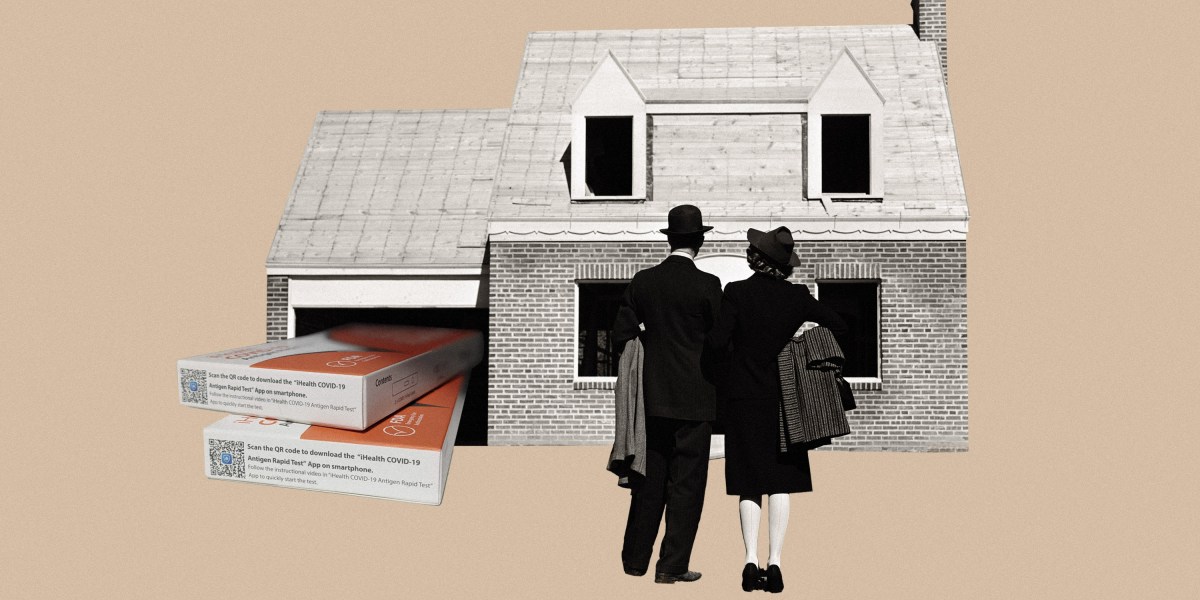
The White House has deflected criticism of the problem, with Assistant Press Secretary Kevin Munoz telling The Verge that the errors “were only a small percentage” of overall experiences. Press Secretary Jen Psaki added, “Every website, in our view, comes with risk. We can’t guarantee there won’t be a bug or two.”
But as has so often happened during this pandemic, where the government has failed, citizens have stepped in via the internet.
Almost immediately after the site launched, Twitter posts began appearing from people wanting to donate tests, and some groups that helped people find vaccine appointments last year pivoted to helping people get tests. The Facebook group Maryland Vaccine Hunters, for example, which started out crowdsourcing information about vaccine appointments, now posts up-to-date details about where to buy rapid tests and facilitates test donations.
Mutual aid groups—community organizations that trade goods and services for people in need—have gone mainstream during the pandemic and have become increasingly active by offering protective equipment, helping people book vaccine appointments and, more recently, distributing tests.
One such group is Serve Your City, a Washington, DC nonprofit that works with the city’s homeless population. To figure out who needed tests, Serve Your City referred to data collected from a hotline it had set up to help underprivileged people get vaccine appointments.
Still, these crowdsourced efforts come with a catch: they require reliable access to the internet. Maryland Vaccine Hunters has a robust Facebook thread of people willing to donate tests. But how can they help people who can’t get online?